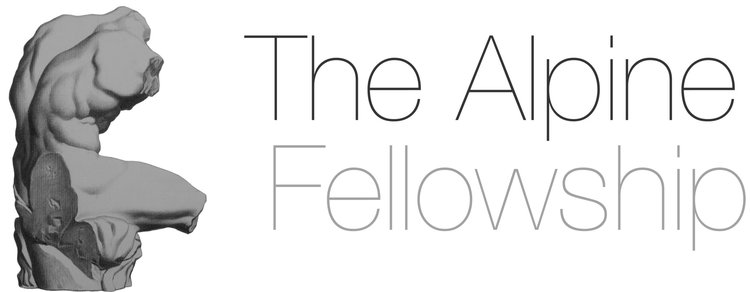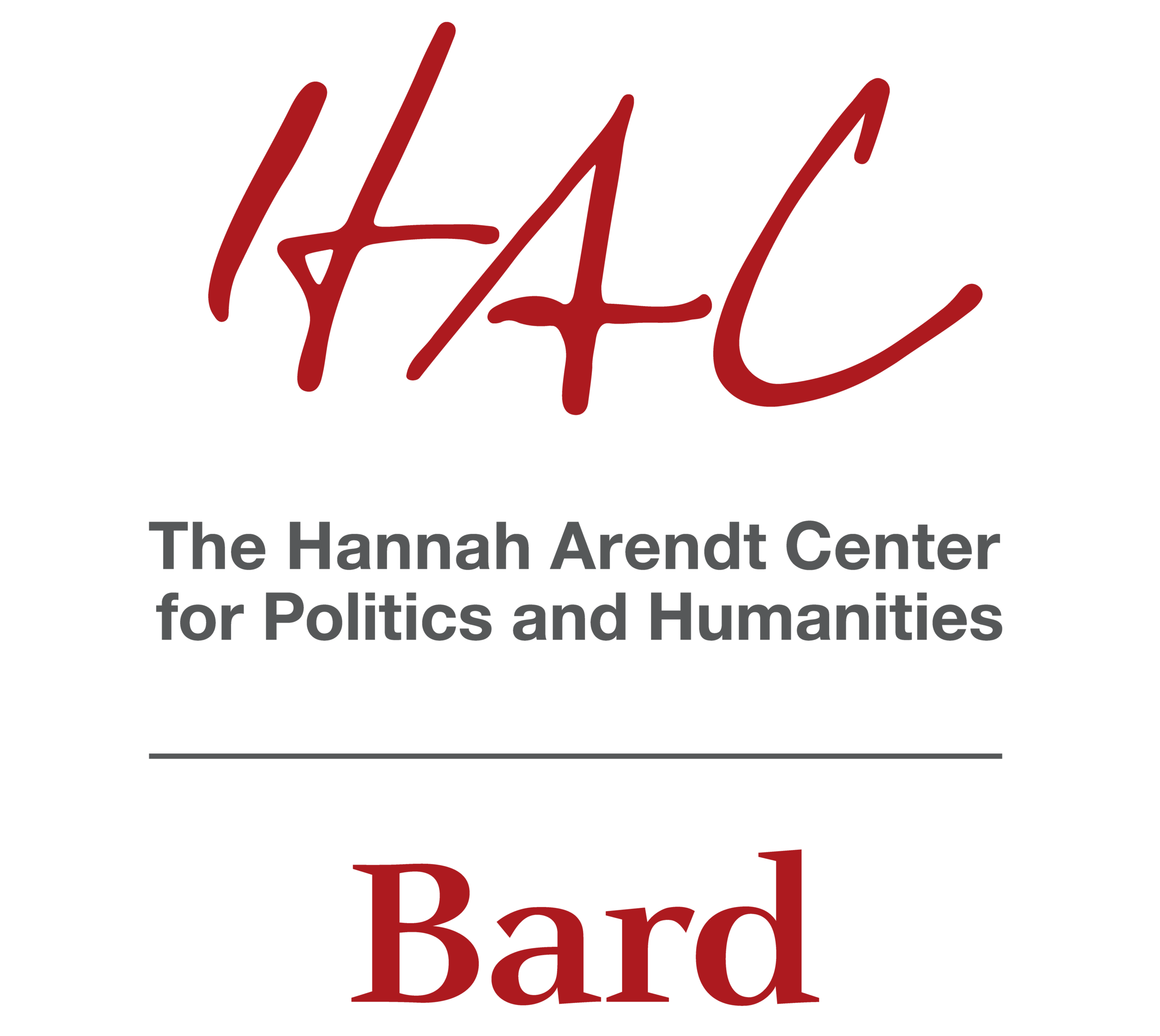The Alpine Fellowship Symposium 2024
Saturday 6th - Tuesday 9th July 2024
Tuscany, Italy
on
Language
Heidegger spoke of language as the ‘house of being’, suggesting that - rather than us being the masters or lords of language - it is actually we who live under its dominion, are formed, shaped and created by our language. Language, understood in this way, is not just the words we use. Language is much wider, subtler, more fundamental. It is what happens when the unconditioned takes form and manifests into the particular shapes that come to make up our world.
If Heidegger worried that man’s abuse of language sought mastery of the world, Aristotle understood that man is the animal that has language. As the animal who speaks, man gathers others around himself, builds connections, and gives birth to community. It is because he has language that man is the political animal.
Language is mysterious. The right sentence, the right word, a knowing glance can open up entire universes otherwise inaccessible. Silence, the great mode of true language, is so often gold; and yet, silence too can be incredibly painful. Too much of language and we find ourselves overwhelmed, even disenchanted - as is familiar to anyone who’s spent too much time online. The poet Transstromer writes: ‘Tired of all those who come with words, words but no language…’
What is the connection between language and listening? Is there such a thing as speaking authentically without listening to the emergence of language moment by moment?
And what about other languages - What about the language of touch?
What of all the languages we have not yet learnt- the language of horses, of trees, how to talk with our childhood selves, and future aged selves, and of course those that are dead.
Advances in artificial intelligence might be able to map our language to those of animals, enabling us to greatly expand our understanding of the sentient life around us.
Translation is perhaps one of the main purposes of language: The notion of translation suggests things about the human experience: for example, that our private experience needs translatory apparatus to take it from me to you, from private to public.
Why do we need to translate?
Is the nature of reality so mysterious that we can only approximate with poems, paintings, spreadsheets, or chords?
How much is lost when the measuring mind translates the phenomenological into a data set?
From models in physics that attempt to translate the complexities of our universe, to the social challenges of expressing minority voices, to algorithms, to large language models, to the simple but bewildering act of trying to translate the feelings of the heart, to oneself, to one's community, language interfaces at all levels of human society. Is there something that gets lost? And what is gained? And does it matter?
The Alpine Fellowship 2024 Symposium is hosted in partnership with Bard College through the Open Society University Network and supported in part by a grant from the Open Society Foundations
Want to enter one of our prizes?
If you’re a writer, poet, philosophy student, playwright or visual artist, then why not consider entering one of our prizes based on the theme? There are cash prizes and you’ll be invited to attend our 2024 symposium. To find out more click the link below.



